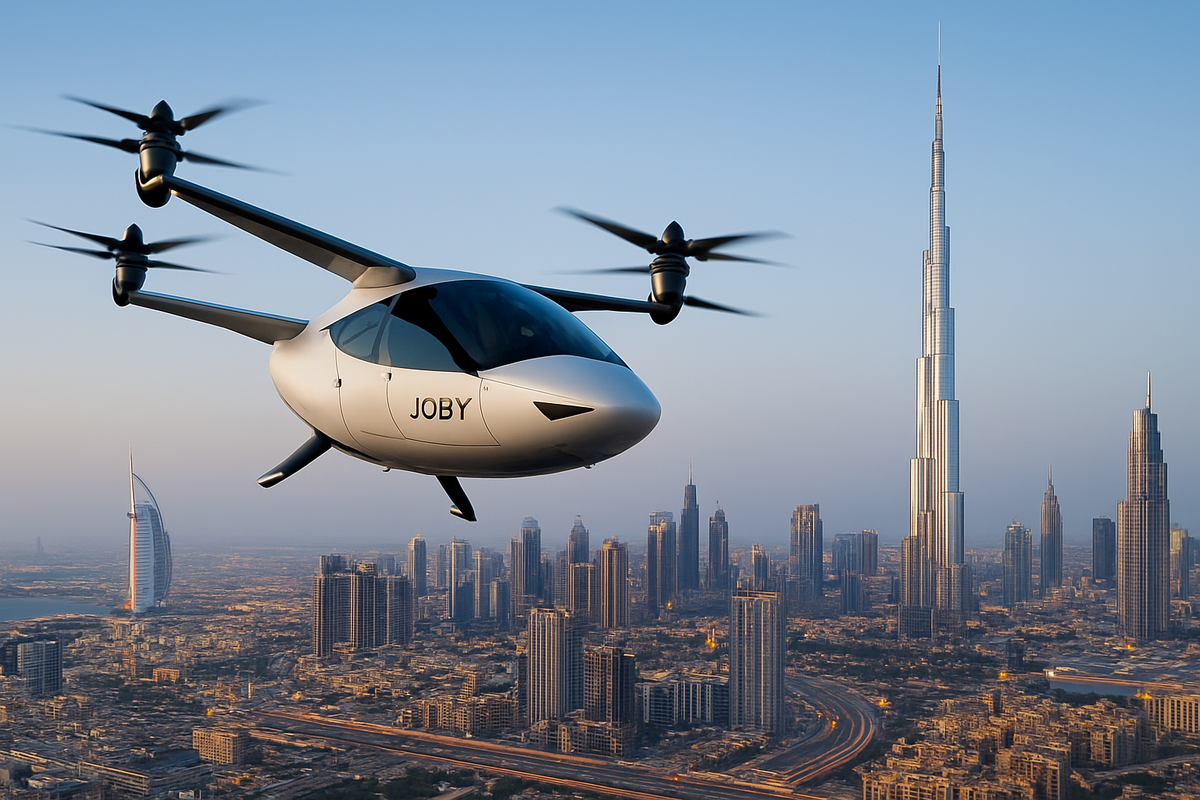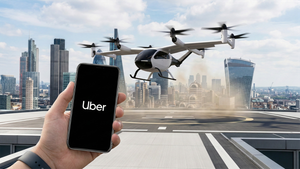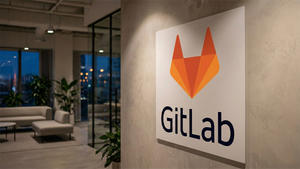
While the broader market witnessed a slight dip for Joby Aviation (NYSE: JOBY) on November 20, 2025, the company's "New Strategic Chapter in the UAE" continues to unfold as a cornerstone of its global expansion strategy. This ambitious initiative, centered on establishing pioneering electric air taxi services across the United Arab Emirates, represents a significant long-term play for the advanced air mobility (AAM) leader, promising to reshape urban transportation despite the day's immediate stock performance. The ongoing developments in the UAE are positioning Joby for substantial future revenue streams and market validation, even as short-term market dynamics lead to minor daily corrections.
Unpacking Joby's UAE Ascendancy: A Detailed Look at the Strategic Chapter
Joby Aviation's strategic thrust into the UAE is marked by a series of definitive partnerships and operational milestones that underscore its commitment to commercializing electric vertical takeoff and landing (eVTOL) aircraft. The company has forged a long-term partnership with the Ras Al Khaimah Transport Authority and Skyports Infrastructure to launch an all-electric passenger air taxi service in Ras Al Khaimah by 2027. This collaboration aims to establish an inter-emirate corridor, drastically cutting travel times between cities like Dubai and Ras Al Khaimah from over an hour to a mere 15 minutes, revolutionizing regional connectivity.
Building on a landmark 2024 agreement, Joby holds exclusive rights to operate air taxis in Dubai for six years, a testament to its strong partnership with Dubai's Roads and Transport Authority (RTA). While initial targets aimed for operations as early as 2025, a commercial launch is now anticipated by early 2026. Operationally, Joby has successfully completed a series of piloted, vertical-takeoff-and-landing wingborne flights in Dubai, marking the commencement of its commercial readiness efforts. Infrastructure development is progressing rapidly, with the vertiport at Dubai International Airport (DXB) approximately 60% complete and on schedule for a Q1 2026 opening. Future vertiport locations are strategically planned for high-traffic areas such as Dubai Mall, Atlantis the Royal, and the American University of Dubai. Crucially, the UAE's General Civil Aviation Authority (GCAA) is advancing towards enabling commercial air taxi services by 2026, with full certification of air taxis expected by Q3 2026, providing a clear regulatory pathway for Joby's operations.
Market Movers: Winners and Losers in the UAE Air Taxi Race
The "New Strategic Chapter in the UAE" positions Joby Aviation (NYSE: JOBY) as a significant potential winner in the nascent eVTOL market. By securing exclusive operating rights and forging governmental partnerships in a forward-thinking region like the UAE, Joby gains substantial credibility and a critical first-mover advantage. This strategic move is expected to pave the way for considerable future revenue streams, establishing a parallel growth engine well before widespread global adoption of air taxi networks. The validation from these high-profile agreements can also foster long-term investor optimism, despite any short-term stock fluctuations, by demonstrating the commercial viability of eVTOL technology.
However, the path to profitability for Joby is not without its challenges. The company faces ongoing financial losses typical of early-stage, capital-intensive technology ventures. Its current valuation, with a price-to-book ratio significantly above its peers, invites scrutiny and some investor caution regarding the short-term feasibility and profitability of air taxi services at scale. While Joby leads in the UAE, other eVTOL developers globally, such as Archer Aviation (NYSE: ACHR) and Lilium N.V. (NASDAQ: LILM), are also vying for market share and developing their own strategic partnerships, creating a competitive landscape. Companies involved in the construction and operation of vertiports, like Skyports Infrastructure, are also clear beneficiaries, as the expansion of air taxi services directly fuels their business.
Broader Implications: Reshaping Urban Mobility and Regulatory Landscapes
Joby's aggressive push into the UAE aligns perfectly with a broader global trend towards advanced urban air mobility, aiming to alleviate congestion and provide rapid transportation solutions in densely populated areas. This event signals a significant step in the maturation of the eVTOL industry, moving beyond conceptual designs and test flights to concrete commercial deployment plans. The success of Joby's operations in the UAE could serve as a powerful blueprint and catalyst for other nations and cities to accelerate their own AAM initiatives, creating a ripple effect across the industry. Competitors will face increased pressure to secure similar strategic partnerships and demonstrate tangible progress towards commercialization to remain competitive.
From a regulatory standpoint, the UAE's proactive approach in developing certification pathways and operational frameworks for air taxis is setting a global precedent. The GCAA's progress towards full certification by Q3 2026 provides a critical example for other civil aviation authorities worldwide, potentially streamlining the regulatory journey for eVTOLs in other jurisdictions. Historically, the introduction of new transportation technologies, from automobiles to commercial aviation, has always involved significant regulatory evolution and infrastructure development. Joby's endeavors in the UAE echo these historical precedents, positioning the region as a living laboratory for the future of flight, and influencing global policy and safety standards.
The Road Ahead: Short-Term Milestones and Long-Term Vision
In the short term, the focus for Joby Aviation will be on the continued development of vertiport infrastructure, particularly the completion of the Dubai International Airport (DXB) vertiport by Q1 2026, and achieving further regulatory milestones with the GCAA. Successful completion of these steps will be crucial for maintaining investor confidence and staying on track for the anticipated early 2026 commercial launch in Dubai. Operational readiness, including pilot training and maintenance protocols, will also be key immediate priorities.
Looking further ahead, the long-term possibilities for Joby in the UAE are expansive. Beyond the initial Dubai operations, the establishment of inter-emirate corridors, such as the one planned between Dubai and Ras Al Khaimah by 2027, will be a critical test of the scalability and economic viability of their services. Success in the UAE could significantly de-risk future global expansion efforts, opening doors to other major metropolitan areas eager to adopt advanced air mobility. Market opportunities will emerge not only from passenger services but potentially from logistics and emergency response applications. However, challenges such as achieving consistent profitability, scaling operations efficiently, and managing public perception and acceptance of air taxis will remain central to Joby's strategic pivots and adaptations. The potential scenarios range from a rapid, widespread adoption that cements Joby's leadership to a more gradual rollout facing unforeseen operational or economic hurdles.
Concluding Thoughts: A Pivotal Chapter for Advanced Air Mobility
Joby Aviation's "New Strategic Chapter in the UAE" represents a pivotal moment not just for the company, but for the entire advanced air mobility industry. Despite short-term market fluctuations, the definitive partnerships, ongoing infrastructure development, and clear regulatory pathway in the UAE provide substantial validation for Joby's technology and business model. This initiative is a bold step towards transforming urban transportation, demonstrating the tangible progression from concept to commercial reality for eVTOL aircraft.
Moving forward, investors and industry observers should closely watch key milestones: the timely completion of vertiports, the progression of GCAA certifications, and the successful commencement of commercial operations in early 2026. The performance of these initial services, particularly in terms of safety, reliability, and passenger adoption, will be crucial indicators of Joby's long-term success and the broader viability of the air taxi market. The UAE's embrace of this technology sets a powerful precedent, and Joby's execution in this region will undoubtedly shape the future trajectory of advanced air mobility globally.
This content is intended for informational purposes only and is not financial advice





